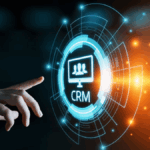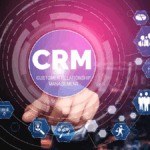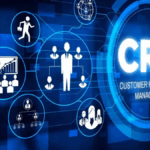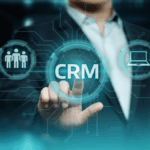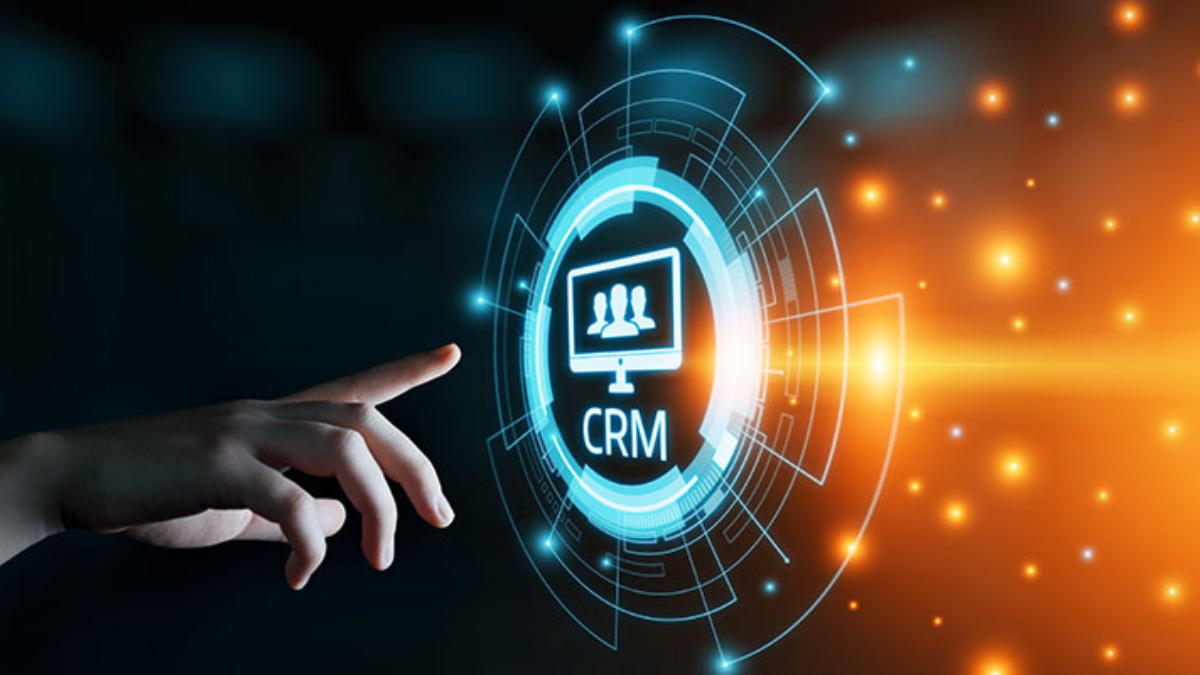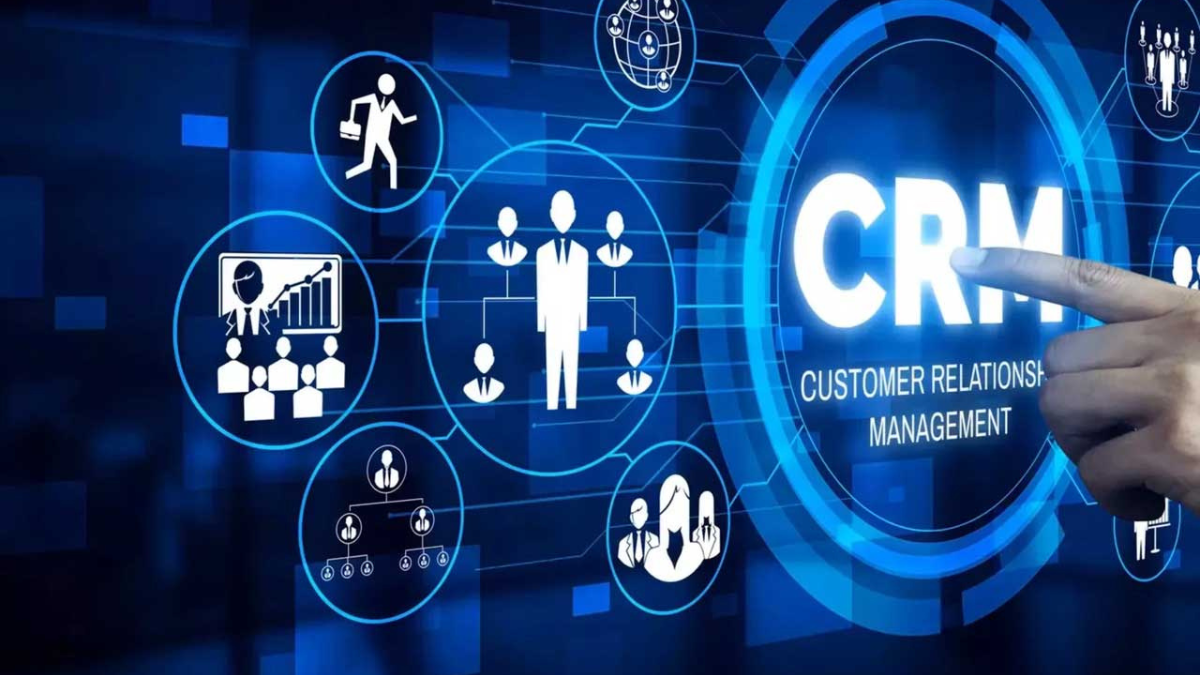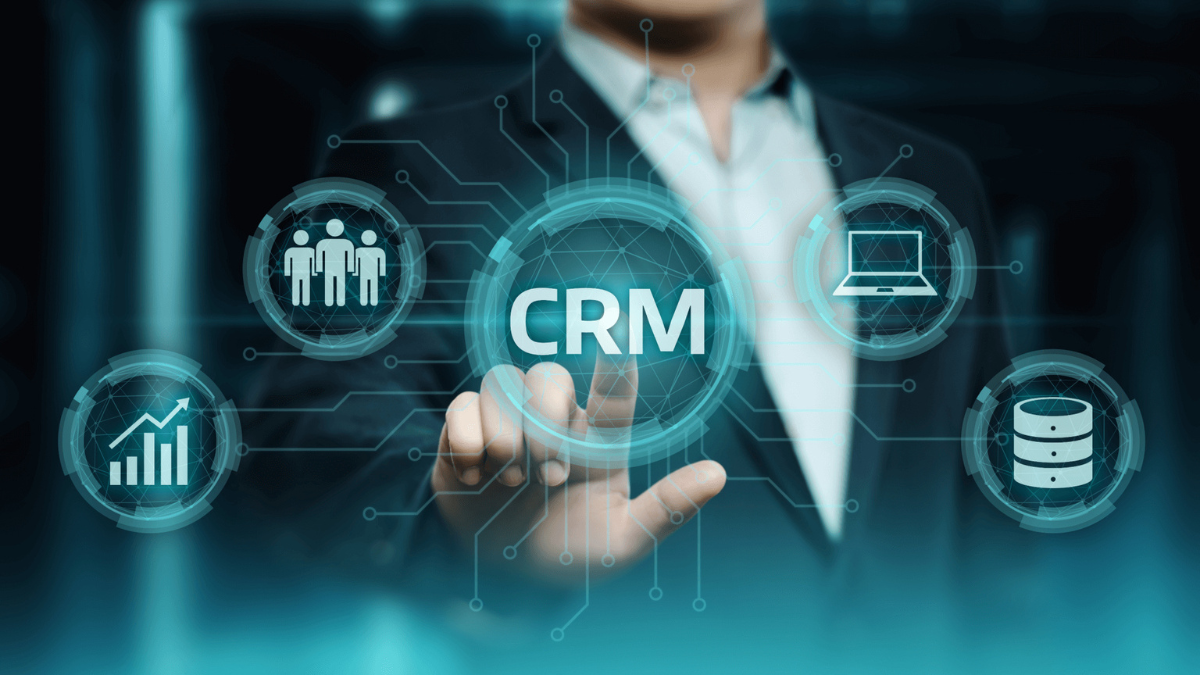In today’s hyper-connected, data-driven world, businesses are navigating an environment where customer expectations are constantly evolving. Whether you’re a startup or an established enterprise, customers demand faster responses, personalized experiences, and seamless interactions. To meet these demands, companies need more than just good intentions — they need the right tools. This is where a Customer Relationship Management (CRM) system becomes indispensable.
A CRM system is no longer a luxury or an enterprise-only tool — it is a necessity for businesses of all sizes. This article explores why your business needs a CRM system now more than ever, the challenges it solves, and how it transforms the customer experience and drives sustainable growth.
What Is a CRM System?
Definition and Purpose
A Customer Relationship Management (CRM) system is software designed to help businesses manage their interactions with current and prospective customers. It centralizes data, tracks communications, automates workflows, and provides actionable insights that fuel smarter business decisions.
What a CRM Does:
- Stores customer and lead data
- Tracks emails, calls, meetings, and service interactions
- Automates marketing and sales tasks
- Provides sales pipeline visibility
- Enables customer segmentation and personalization
Why CRM Systems Matter More Than Ever in 2025
The Modern Customer Journey Is Complex
Customers engage with brands across multiple channels — social media, email, websites, chat, and phone. Without a CRM, tracking this journey is nearly impossible, leading to inconsistent service and lost opportunities.
Remote Work Requires Centralized Systems
As remote and hybrid teams become the norm, access to real-time customer data from anywhere is crucial. Cloud-based CRMs make collaboration seamless across departments and locations.
Data Is the New Currency
Data is everywhere, but without structure and analysis, it’s useless. CRMs turn data into insights, helping businesses understand what customers want, when, and how.
Customer Expectations Are Higher
Customers expect personalized experiences, instant replies, and seamless service. A CRM empowers businesses to deliver speed, relevance, and consistency across all interactions.
Key Benefits of CRM for Your Business
Centralized Customer Information
CRMs eliminate scattered spreadsheets, emails, and notepads by providing a single source of truth for every customer interaction.
Better Sales Pipeline Management
You can visualize your entire sales process — from lead to close — and automate follow-ups, reminders, and deal progression.
Enhanced Customer Service
With full access to customer history and preferences, service teams can resolve issues quickly and deliver more empathetic, informed support.
Personalized Marketing
Use CRM data to segment audiences, tailor content, and automate campaigns that resonate with individual needs.
Smarter Decision-Making
CRM systems offer dashboards, KPIs, and predictive analytics that help business leaders forecast sales, identify trends, and improve performance.
Real-World Scenario: Without vs. With CRM
Without CRM:
- A salesperson forgets to follow up with a hot lead.
- Marketing emails go to the wrong audience.
- A customer is frustrated because they have to explain their issue multiple times.
- Management has no idea which campaigns are driving conversions.
With CRM:
- The system sends an automated follow-up reminder.
- Emails are personalized and targeted to specific customer segments.
- Customer service sees the full conversation history and resolves issues faster.
- Dashboards show real-time data on sales performance and ROI.
CRM for Sales: Turning Leads into Loyal Customers
Track Every Interaction
From the first email to the final deal, every touchpoint is logged. This gives your sales reps context and clarity when approaching leads.
Lead Scoring and Prioritization
CRMs can assign scores to leads based on behavior, helping reps focus on high-potential prospects.
Automation of Repetitive Tasks
Scheduling meetings, sending follow-ups, and updating deal statuses can be automated, allowing your team to spend more time selling.
CRM for Marketing: Deliver the Right Message
Campaign Automation
Build and deploy email sequences that respond to user behavior (e.g., cart abandonment or newsletter signup).
Segmentation and Targeting
Segment contacts based on industry, location, or past behavior to deliver hyper-personalized content.
Analytics and ROI Tracking
Track how many leads a campaign generated, how many converted, and how much revenue was generated — all from your CRM dashboard.
CRM for Customer Support: Service That Stands Out
Support Ticket Management
Track, assign, and escalate tickets efficiently. CRMs help teams provide faster, more organized support.
Knowledge Sharing
All customer interactions are recorded, allowing any team member to pick up where the last left off.
Feedback Collection
CRMs can automate satisfaction surveys and monitor sentiment trends for proactive service improvement.
Choosing the Right CRM for Your Business
Factors to Consider:
- Ease of use: If it’s not user-friendly, your team won’t adopt it.
- Scalability: Choose a CRM that grows with your business.
- Integration: Does it work with your email, calendar, and other tools?
- Customization: Can you create custom fields, reports, and workflows?
- Pricing: Consider monthly costs, features offered, and any hidden fees.
Top CRM Platforms in 2025
| CRM Tool | Best For | Key Features |
|---|---|---|
| HubSpot CRM | Startups & SMBs | Free plan, sales/marketing/service integration |
| Salesforce | Enterprises | Advanced customization, robust analytics |
| Zoho CRM | Growing businesses | Budget-friendly, AI tools, mobile access |
| Freshsales | Sales-driven organizations | Visual pipelines, built-in phone/email/chat |
| Pipedrive | Sales teams | Easy UI, automation, pipeline-focused |
Signs Your Business Needs a CRM Now
- You’re losing track of leads and follow-ups
- Teams are duplicating work or missing information
- Customer churn is increasing
- You can’t measure marketing ROI accurately
- You struggle to scale your outreach and service quality
- Your competitors are outpacing you in customer retention
The Future of CRM: Trends to Watch
Artificial Intelligence (AI)
AI-driven CRMs offer predictive lead scoring, sales forecasting, and customer behavior analysis — allowing smarter decision-making.
Omnichannel Integration
CRMs are evolving to integrate chat, email, phone, SMS, and social media into one dashboard for a unified customer experience.
Automation at Scale
From onboarding sequences to win-back campaigns, automation is reducing manual effort and increasing conversion rates.
CRM + Customer Data Platforms (CDPs)
Expect to see CRMs integrate deeper with CDPs, offering more robust segmentation and personalization based on behavior and preferences.
Conclusion
In the modern business world, your relationship with your customers is your greatest asset. CRM systems empower you to nurture these relationships with intelligence, consistency, and speed. Whether it’s organizing data, automating communication, personalizing campaigns, or tracking results — a CRM makes everything more efficient and impactful.
Waiting to implement a CRM could mean missed sales, lower customer satisfaction, and reduced growth. On the other hand, embracing a CRM today sets your business on a path to scale, serve, and succeed.
Don’t wait for the perfect time. Now is the time to invest in a CRM system — your customers already expect it.
FAQs
1. Is a CRM suitable for small businesses?
Absolutely. Many CRMs like Zoho and HubSpot offer free or low-cost versions tailored to small businesses, helping them manage contacts, sales, and service efficiently.
2. How long does it take to implement a CRM?
Depending on the platform and your team size, basic implementation can take a few days to a few weeks. Cloud-based CRMs are usually faster to deploy.
3. What is the difference between CRM and ERP?
CRM focuses on customer interactions, sales, and service. ERP (Enterprise Resource Planning) covers broader business operations like inventory, finance, and HR.
4. Can I customize a CRM for my industry?
Yes. Many CRMs offer customizable fields, workflows, and dashboards to suit different industries like real estate, healthcare, finance, and retail.
5. What’s the biggest mistake businesses make with CRM?
The most common mistake is underutilizing the CRM. Without proper training and consistent use, even the best CRM can fail to deliver results.

